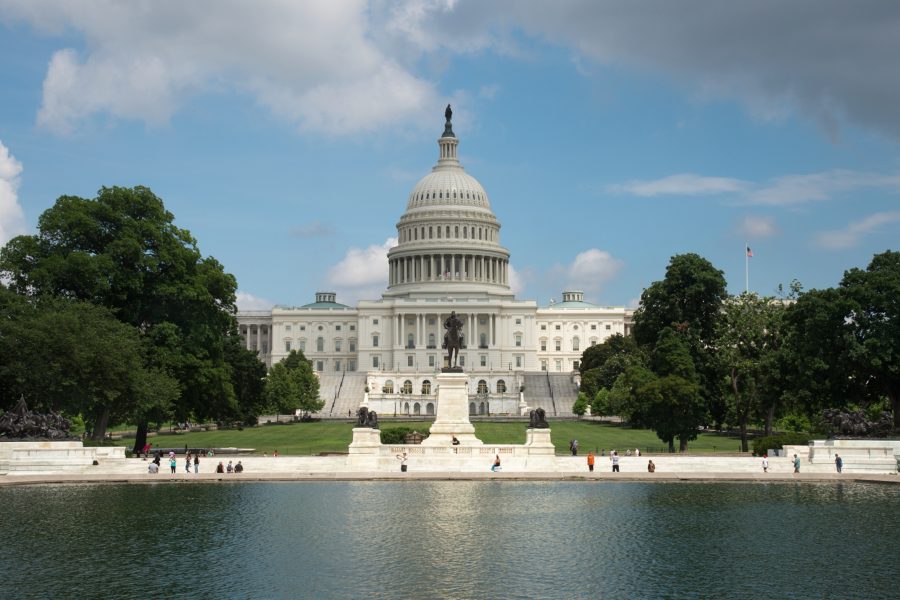Nearly two dozen House Armed Services Committee members wrote to the Federal Communications Commission on May 7 to jump into the spectrum dispute that pits the FCC and Ligado Networks against several federal agencies and national security stakeholders.
“The national security community was unanimous in the judgement that approval of the use of certain portions of the L-band spectrum could pose an unacceptable risk to the use of the Global Positioning System (GPS) in the United States,” the bipartisan group of lawmakers wrote. “Other federal and nonfederal users of this spectrum have raised serious concerns, including satellite communications providers and airlines.”
The Pentagon and its allies argue that Ligado’s plan to offer wireless connectivity—through a series of ground stations that would broadcast a signal near the part of the spectrum used by the GPS enterprise—would ultimately overpower the faint GPS signal. Ligado says its signal, which the FCC says must be toned down, would not interfere with GPS.
Both parties disagree with the other’s research that backs up their arguments. It’s unclear if Ligado’s signal would make GPS weaker or unusable altogether.
Lawmakers said national security technical experts need to test and approve the constraints the FCC imposed when approving Ligado’s proposal. The members suggested the FCC may need to go farther to protect GPS.
“We want to ensure that the commissioners have independently confirmed this assertion [of no harmful interference] with a classified briefing on the testing done by DOD in conjunction with [the Department of Transportation’s] Adjacent Band Compatibility Testing,” the letter said. “It is essential that the commissioners understand the full implications when making a decision of this magnitude.”
Signatories said they want solutions that allow the Pentagon to share as much spectrum with commercial users as it can, while balancing economic and national security needs. “We note that no other country is pursuing the use of this portion of the spectrum for [fifth-generation wireless], and there are substantial doubts about the technical feasibility of doing so,” members wrote.
Lawmakers want to see the legal analysis behind the FCC’s decision and whether it adequately resolved concerns about interference with GPS-enabled devices 90 days before the vote, as required by law. They also asked whether each of the five commissioners were briefed by DOD on its classified test data, and pressed two commissioners for insight into why they concurred with the approval but did not explicitly endorse it.
“Do you believe the concerns of the national security community were adequately addressed?” the letter asked Commissioners Jessica Rosenworcel and Geoffrey Starks. “Were there any specific aspects of this decision that concerned you?”
The letter marks the second time in a week that lawmakers have weighed in on the Ligado-GPS debate, after the Senate Armed Services Committee hosted current and former defense officials at a May 6 hearing on the issue.
DOD Chief Information Officer Dana Deasy indicated he is in the process of lodging a formal complaint with the National Telecommunications and Information Administration to reconsider Ligado’s case. That could buy the Pentagon enough time to gather more data on potential interference and how to address it, and other government and commercial entities could jump into the fray to drive a different outcome.
The FCC said it stands by its decision and “will not be dissuaded by baseless fearmongering.”


